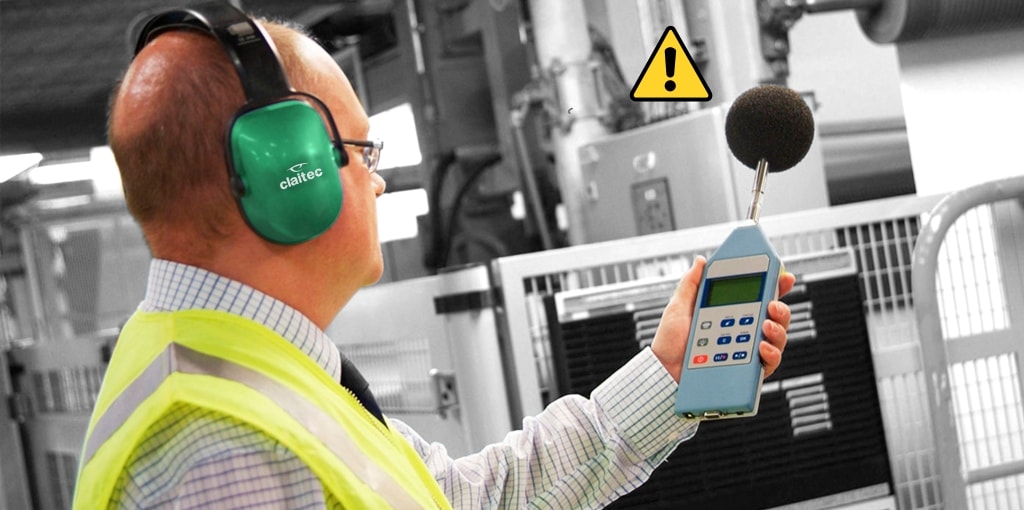Noise is generally defined as an “inarticulate, usually disagreeable sound”.
And that’s exactly what we’d like to talk about in this post – Noise!
Our aim is to highlight the areas that need to be taken care of in order to avoid noise pollution in the industrial sector and to help improve the workspaces we spent most of our days at.
Industrial work generates a large and almost inevitable amount of noise.
Only the ignition and start-up of any truck or machine contaminates a workspace from a noise point of view. Then, there’s the noises that are generated when loading and unloading large objects and merchandise. The handling of different tools and machineries…
Even people’s conversations!
All of these are aspects that add “inarticulate and disagreeable sounds” in a workspace, and that we can’t ignore.
So, we know that there are noises that are inherent to our daily functioning and that in a way, these are inevitable. But we can certainly generate an importante change and a real improvement in the way in which we normalise those situations and how we act in consequence.
Orientation and training of personnel in these matters is key.
It is essential that the members of the organisation understand the impact that overbearing noise has on health, so that they can be more cautious and try to have a lesser impact around them. In addition, it is of paramount importance that they know how to protect themselves against loud noises and measure their exposure to them.
We must bear in mind that noise can generate chronic health problems, and that being exposed to high levels of noise can end up causing the loss of the sense of hearing.
It is also important to rely on professionals to help us identify – with the appropriate tools – the main elements generating disturbing noises, so that we can start working on them and finding the best way to minimise their impact on the work environment.
A simple way to measure noise in an industry is to start a conversation with another person at arm’s length. If it is not really possible to maintain a conversation in a normal tone and you’re forced to shout in order to understand what is being said, it is clear that noise levels need to be reduced.
A high noise situation can also be dangerous because, for example, an operator may not hear a task partner when he or she gives an emergency warning or tries to warn them about an urgent situation.
It is also important to provide operators with the necessary equipment to protect themselves – be it earplugs or earmuffs – and stop the most intense sounds in their workspace. However, these methods are indicated by the experts as least efficient, while it is recommended to work as a priority on the initial cause of noise, and the other aspects mentioned above.
Would you like to find out more information about this topic or about any of the products we develop at Claitec?
Please, don’t hesitate to contact us! We are here to help you!

